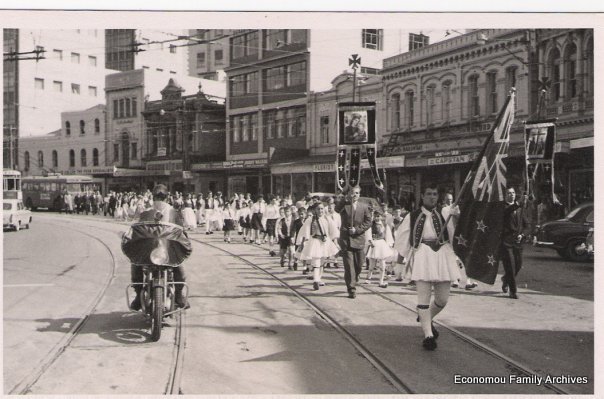Terry Serepisos - New Zealand's answer to Donald Trump
(Photo Source: The Dominion Post - Andrew Gorrie)
Serepisos to become New Zealand's Donald Trump
By TOM FITZSIMONS - The Dominion PostHe might not have the comb-over, but millionaire Wellington property developer Terry Serepisos is to be New Zealand's answer to Donald Trump.
The Phoenix football team owner has been chosen as the host of a local version of The Apprentice. The reality-TV show, an international hit with Trump as host, pits teams of aspiring entrepreneurs against each other.
One unlucky loser is turfed off the show every week to the words "You're fired", before the eventual winner lands a plum job in the host's firm.
Mr Serepisos told Close Up he was not nervous about the role.
"I guess a little bit, but I'm not shy of the camera, so I'm okay with that." ...
Terry Serepisos' launch into property began here - Maison Cabriole Apartments
His timing was perfect for buying the ex Wellington Gas Company and turning it into inner city apartments
(Photo source: Sophia Economou)
Terry Serepisos' characteristic blue columned HQ Century City Towers
View from Wellington's James Cook Hotel
(Photo source: Sophia Economou)
Things you might want to know about Terry Serepisos
- Started out in business by opening men's fashion store Trillini, which expanded to six stores around Wellington.
- Moved into property by buying a derelict Wellington building from Sir Ron Brierley, founder of takeover giant, Brierley Investments for $950,000 and converting it into apartments - The Maison Cabriole Apartments ( photo above).
- Owns the Phoenix football team, it lost him $2.5m during its first two seasons, but was a move which saved NZ soccer and helped send New Zealand to the World Cup in South Africa later this year.
- Brought David Beckham and the LA Galaxy to Wellington in 2007....










